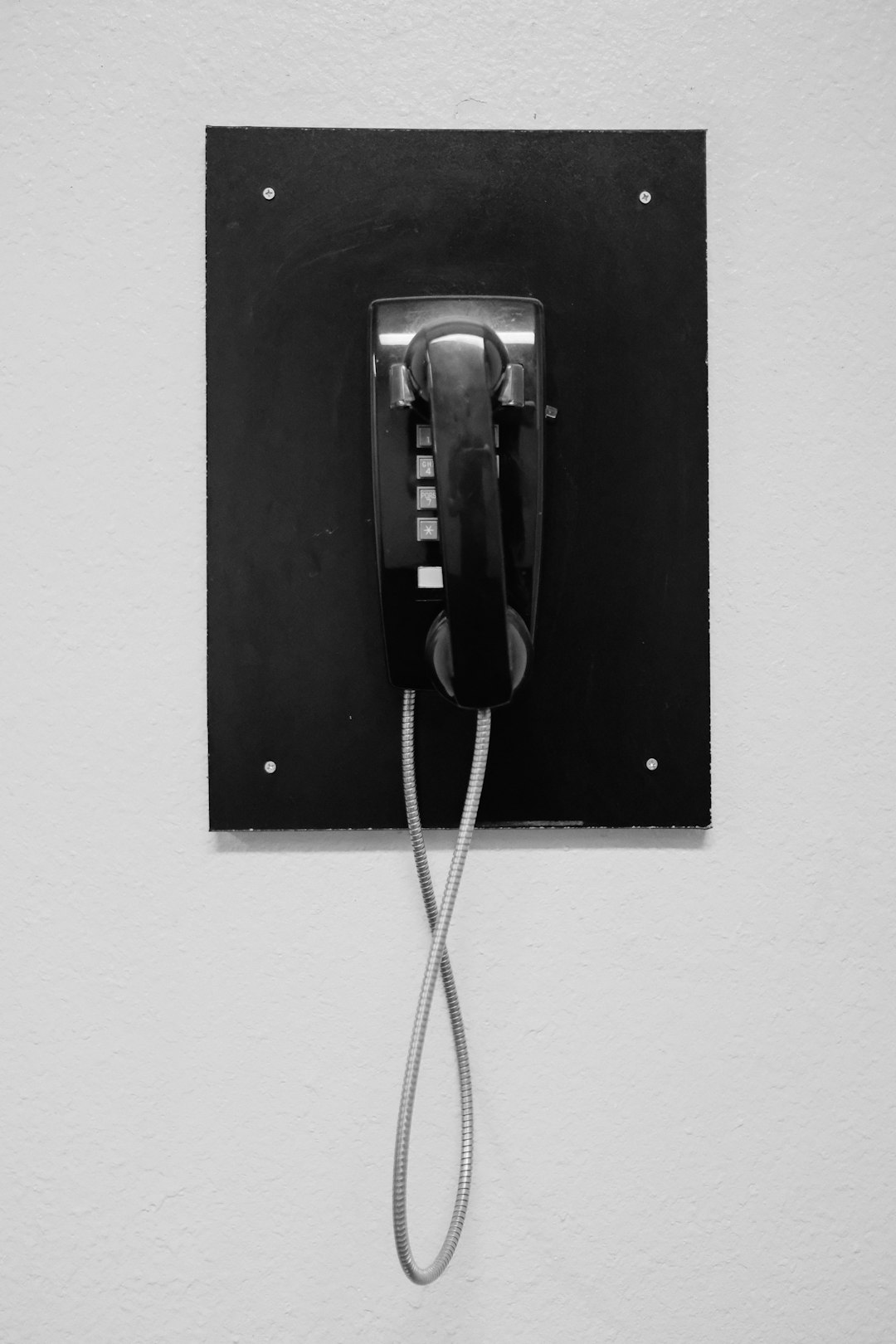The Federal Trade Commission (FTC) strictly enforces No Call Laws in Washington D.C., protecting residents from unwanted telemarketing calls and preserving privacy. Through list management, investigations, and penalties, the FTC ensures compliance, enabling D.C. residents to opt-out of calls at any time while fostering a secure business environment. Businesses must adhere to these laws to thrive in DC, avoiding FTC fines and building customer trust by respecting privacy.
In the bustling metropolis of Washington D.C., “No Call” laws are a vital protection for residents against intrusive telemarketing practices. This article delves into the Federal Trade Commission’s (FTC) pivotal role in enforcing these regulations, exploring their mandate and strategies to safeguard consumer rights. We analyze how the FTC investigates violations, empowers consumers through reporting mechanisms, and highlights the significant impact of compliance on businesses operating within the region. Understanding the FTC’s efforts is crucial for navigating D.C.’s No Call laws effectively.
Understanding No Call Laws in Washington D.C.

In Washington D.C., No Call Laws are designed to protect residents from unwanted telemarketing calls and sales pitches. These laws, enforced by the Federal Trade Commission (FTC), restrict companies from making phone calls for commercial purposes to consumers who have not given explicit consent. The primary goal is to give individuals control over their personal information and reduce the number of unsolicited calls, ensuring a more peaceful and private environment.
Under these regulations, businesses must obtain prior written consent before initiating telephone marketing calls. This means that residents in D.C. have the right to opt-out of receiving such calls at any time. The FTC actively monitors compliance and has the authority to take legal action against violators, making it a crucial entity in upholding the effectiveness of No Call Laws in the region.
FTC's Mandate and Authority in Enforcing Telemarketing Rules

The Federal Trade Commission (FTC) plays a pivotal role in enforcing telemarketing rules, including the sensitive matter of No Call Laws in Washington D.C. Its primary mandate is to protect consumers from deceptive or unfair practices in the marketplace, which extends to regulating telemarketing activities. The FTC has the authority to bring enforcement actions against companies and individuals who violate these rules, ensuring compliance with regulations designed to safeguard residents’ privacy and peace of mind.
In the context of No Call Laws DC, the FTC works diligently to prevent unwanted phone calls from telemarketers, giving consumers control over their communication preferences. They enforce Do Not Call lists, investigate complaints, and take action against violators, thus fostering a more secure and less intrusive environment for D.C. residents.
How the FTC Investigates and Prosecutes Violations

When investigating potential violations of No Call Laws in D.C., the Federal Trade Commission (FTC) employs a multi-faceted approach. They begin by receiving consumer complaints, which serve as leads for suspicious activity. Their investigators then conduct thorough examinations, sifting through call records and documentation to identify patterns suggesting unauthorized calls or other infringements.
Once evidence is gathered, the FTC analyzes the data, determining if there’s a violation of federal telecommunications laws or D.C.’s consumer protection regulations. If violations are found, they can pursue legal action, which may include issuing cease-and-desist orders, seeking monetary damages for affected consumers, and imposing penalties on responsible parties. This robust enforcement mechanism aims to deter future infringements and protect the rights of DC residents under No Call Laws.
Consumer Rights and Reporting Scams to FTC

Consumers in the District of Columbia are protected by strict No Call Laws designed to prevent unwanted phone calls from telemarketers and other sales representatives. These laws empower residents with valuable rights, ensuring they can enjoy peace of mind when it comes to their personal time and privacy. If a consumer receives an illegal call, they have several options. Firstly, they can register the number on the FTC’s Do Not Call Registry, which is a powerful tool for blocking future calls from that specific source. The Federal Trade Commission (FTC) plays a crucial role in enforcing these regulations by tracking and investigating complaints related to telemarketing scams.
Reporting scams to the FTC is an essential step in combating illegal call practices. Consumers can file a complaint online or through a dedicated phone line, providing details about the unwanted calls they received. This information helps the FTC identify patterns and take appropriate action against violators of No Call Laws in DC. By exercising their rights and reporting suspicious activities, residents contribute to maintaining a fair and transparent business environment while safeguarding their personal privacy.
The Impact of Compliance on Businesses Operating in D.C.

Compliance with No Call Laws in Washington, D.C. is a critical aspect of doing business in the area. These laws are designed to protect residents from unwanted phone solicitations, ensuring their peace and privacy. For businesses operating within D.C., adhering to these regulations brings several benefits. First and foremost, it fosters trust between companies and their customers, as consumers appreciate not being disturbed during their personal time. This compliance also strengthens the business’s reputation, positioning them as responsible and customer-centric organizations.
Additionally, staying within the legal framework prevents costly fines and legal issues. The Federal Trade Commission (FTC) strictly enforces these rules, and non-compliance can result in penalties. Businesses that respect No Call Laws are more likely to attract and retain customers who value their privacy, ultimately contributing to long-term success and sustainability in the competitive D.C. market.






